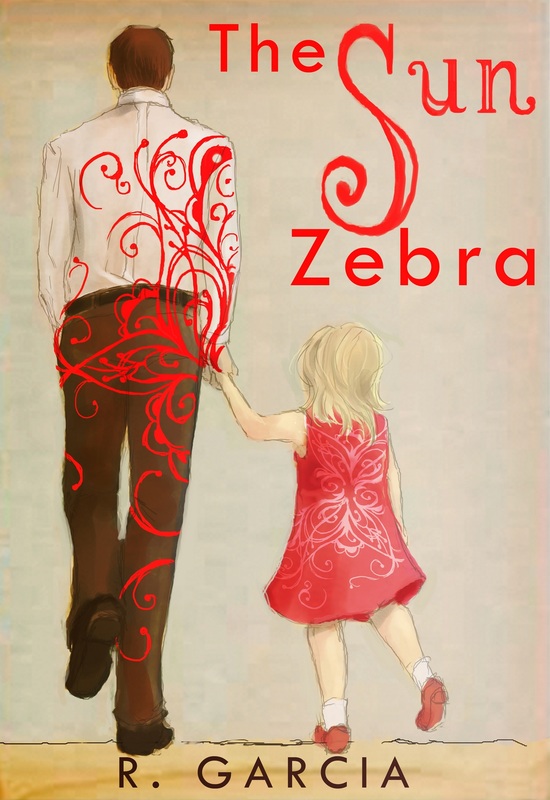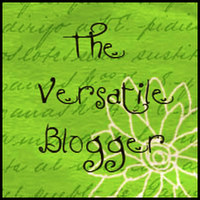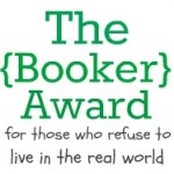My problem is that, as a result of my muses, my writing is eclectic. It's all over the place, from romance to horror, from fiction to non-fiction, from fantasy to science fiction, from wholesome family stories to naughty stories. Thankfully I can pick and choose which stories to write and, of course, to publish. But if I were to restrict my writing to say only the Nell stories that many of you have loved reading in The Sun Zebra, I would not write much. The Nell stories are just a fraction of who I am, the rest of what I write is very different. And herein lies the problem.
The cardinal rule of this business is: writer, know thy reader. If you write wholesome family stories and your readers expect more of that, you cannot put out say a horror or erotica book. It would drive your readers away in droves. Well this is just the problem I have.
The stories in my book The Sun Zebra are about family and love. But I have stories about murder, mayhem, monsters, and ghosts. I have stories overflowing with sexuality, and stories with bleak "unhappy endings." I even have a collection of essay and poems! How am I supposed to publish all this without rubbing my readers the wrong way? Some people have suggested that I create a new alias for myself but that would just multiply the work I have to do, which is already far too much on top of my day job.
So I wanted to know about others in my situation. Are you an eclectic writer? If so how do you deal with publishing in several genres? Please leave a comment and let us know.



 RSS Feed
RSS Feed



